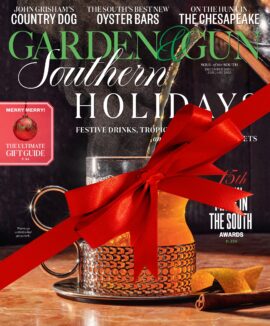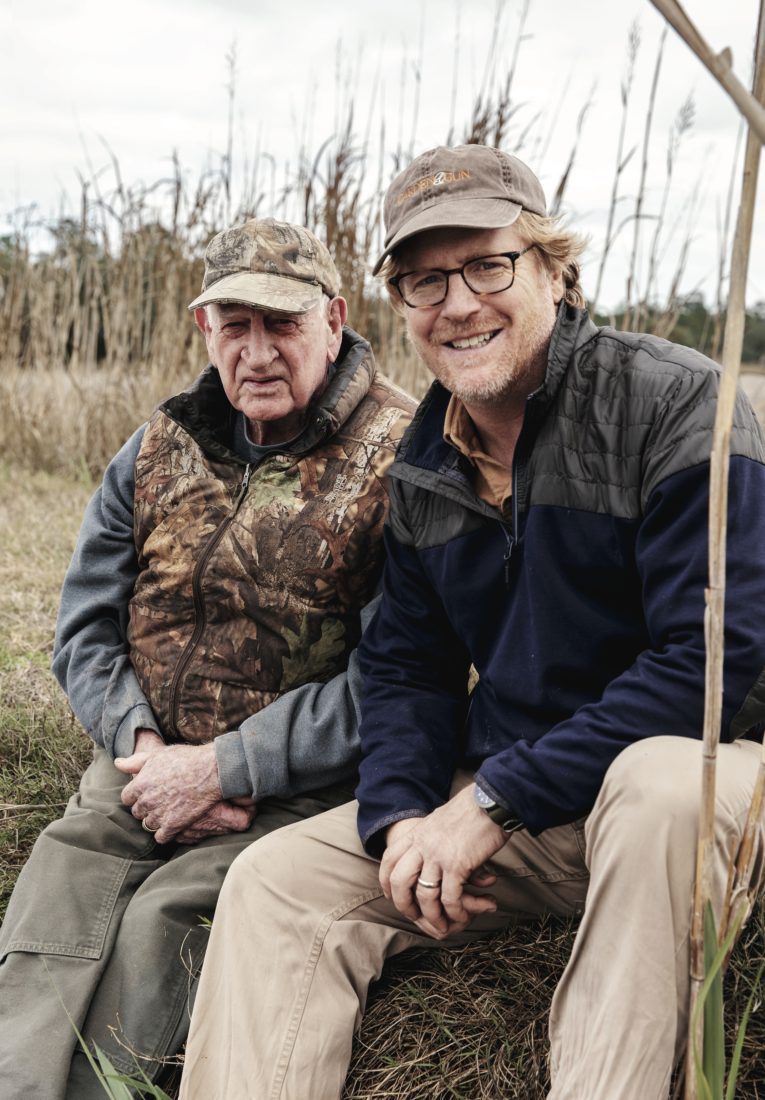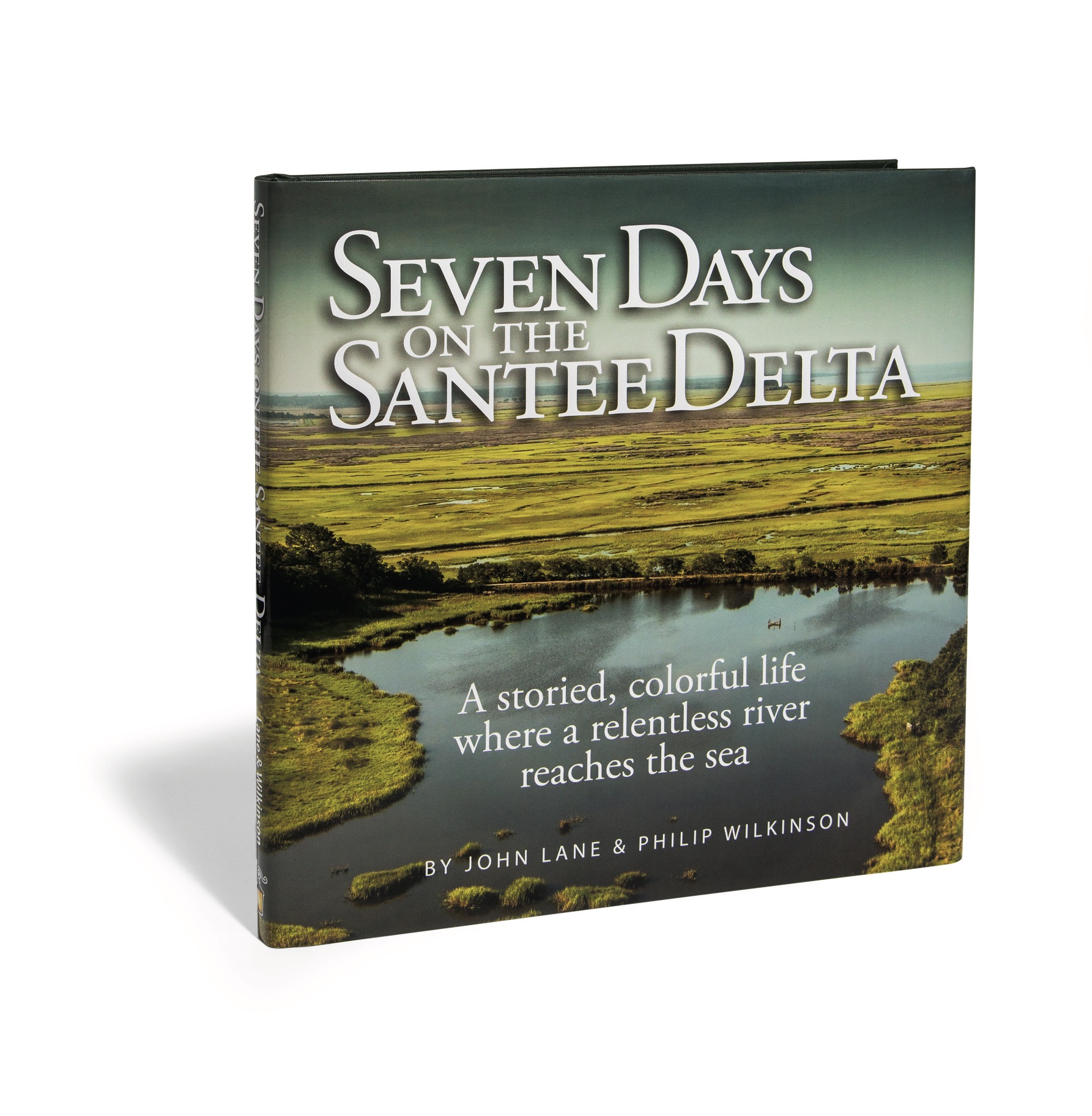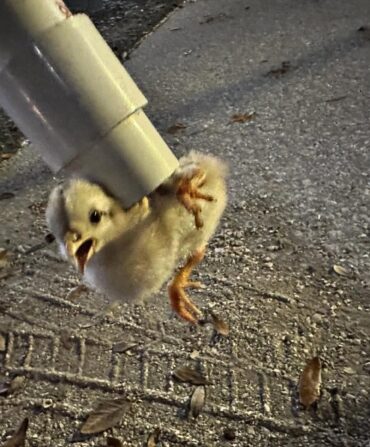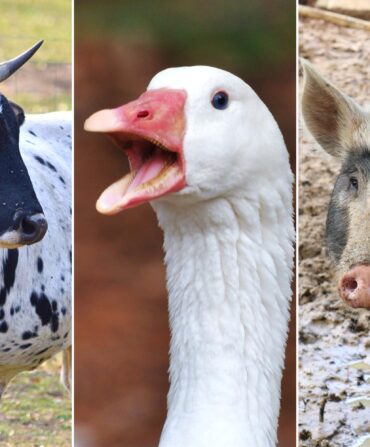Spend time in South Carolina’s Santee Delta with Phil Wilkinson, and you begin to wonder if his blood runs brown like the Santee River itself. A renowned wildlife biologist, Wilkinson, eighty-six, is a product of place, shaped not only by the elemental forces that combine to create the largest river delta on the Eastern Seaboard, located just north of Charleston, but also by that region’s people.
Wilkinson’s first outdoor mentor was an elderly African American man he called Daddy Ben, who gave him his first coonhound and entrusted the young boy with a lifetime of wisdom gleaned from the woods and water. Often the two could be found in the wee hours, trailing the hounds through the thickest of cover or sharing meals by the hearth. Wilkinson also swapped stories with the South’s bard of outdoor literature, Archibald Rutledge, a Santee regular who often gave him a lift as he thumbed his way to school.
The other adults in Wilkinson’s childhood orbit didn’t always pay much heed to fish and game laws, and Wilkinson himself sometimes took more than his fair share. One night while deer poaching with a few elders, he managed to avoid a game warden by scoot-ing into the inky darkness and trudging barefoot (sometimes even crawling) through six miles of some of the roughest country in the state.
But good people usually find the straight path, and as he grew older, his moral compass remained true to the place he loved (see sidebar). Wilkinson came home after college and dove headfirst into his career as a biologist, pioneering research that helped guide management practices for waterfowl, loggerheads, migratory shorebirds, and his specialty, alligators. He’s been on a first-name basis with some of the Delta’s gators (Wartnose, Truck Biter, Sunday Money) for forty years.
Wilkinson, who is still in the field “all day, every day,” likes to tell fellow biologists that if he falls down and can’t get up, leave him where he fell. Funny thing is, after you spend some time with him, you realize he just might mean it. He’s determined to never leave the place he loves and to keep working to make it better.
It’s a spirit we wanted to celebrate in this special issue, dedicated to people saving the South. From front to back, we shine a light on those uncovering untold histories, keeping the region’s worthy traditions alive, and charting a better course for the future. It’s one of the most inspiring issues I’ve had the privilege to work on, and I hope it inspires you, as Jon Meacham writes, “to keep the best and do battle with the worst…in the good fight to create a more perfect South.”

